“It has to be a global strategy, it’s not only about cars.”
– Mariano Fuentes, Madrid’s Councillor for Environment & Urban Development
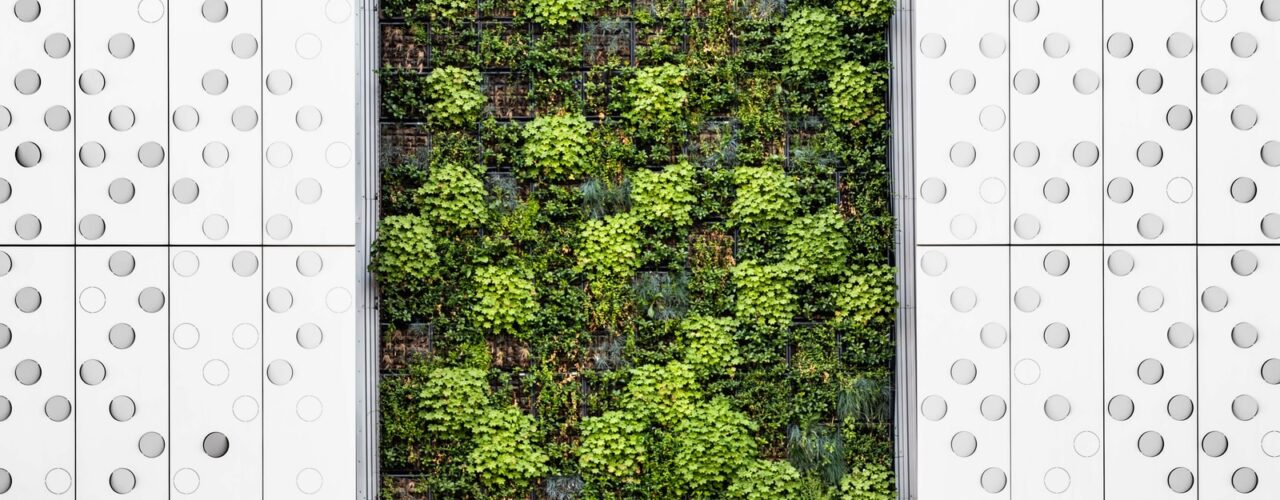
Madrid is building a “green wall” made up of 75km forested area around the city, including making use of disused sites within the city. This effort, which will plant half a million native trees and absorb 175,000 tons of CO2 per year will fight the urban ‘heat island’ effect, absorb the emissions from the city, and to connect all the existing forest masses around the city.
The project will also make use of derelict sites lying between roads and buildings to help absorb 175,000 tons of CO2 per year.
Planners have also been clear these are not parks, and do not require maintenance or water in the ways planned parks do, instead framing the “green wall” as infrastructure.
So what?
“With desertification reaching the doorstep of southern Europe, Madrid’s urban forest intends to be both a mitigation and adaptation measure to climate change.”
With the effects of climate change becoming more dramatic and leading to extreme weather all over the world, not only can urban planning like this help cities adapt to high temperatures, but mitigate with capturing emissions.
Thinking differently about how we value and view the natural world and natural solutions is also crucial to how we adapt and mitigate the climate emergency.




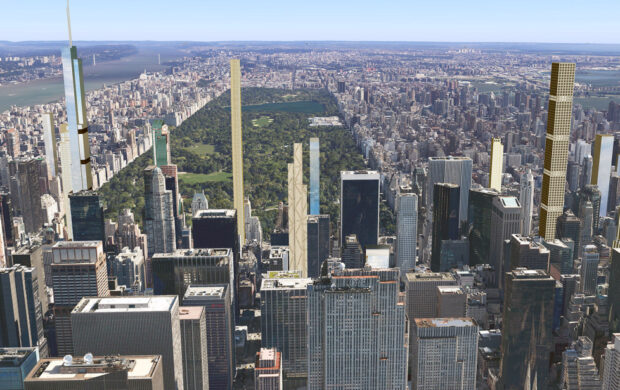
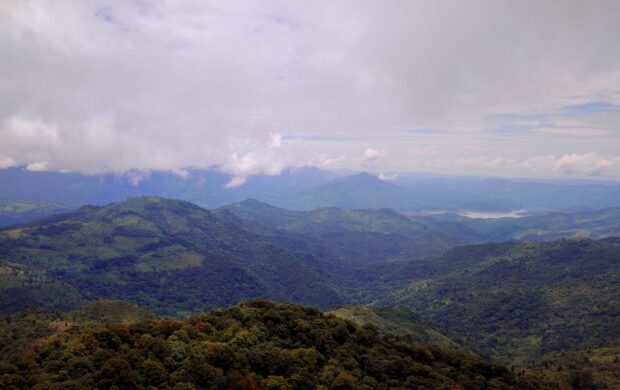



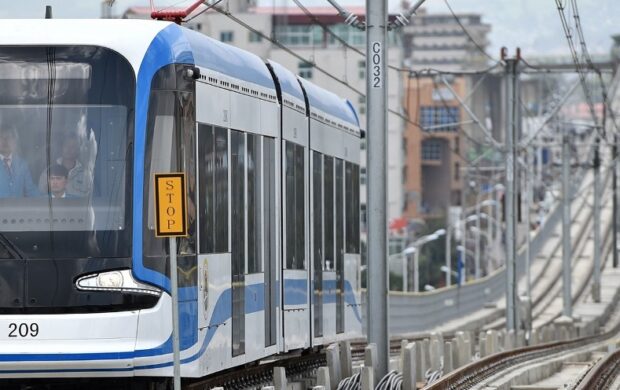
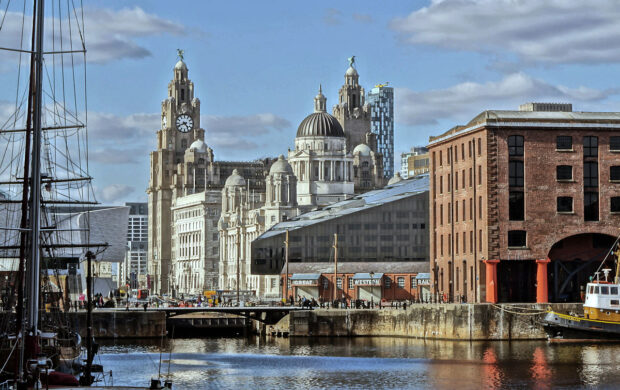





Join discussion